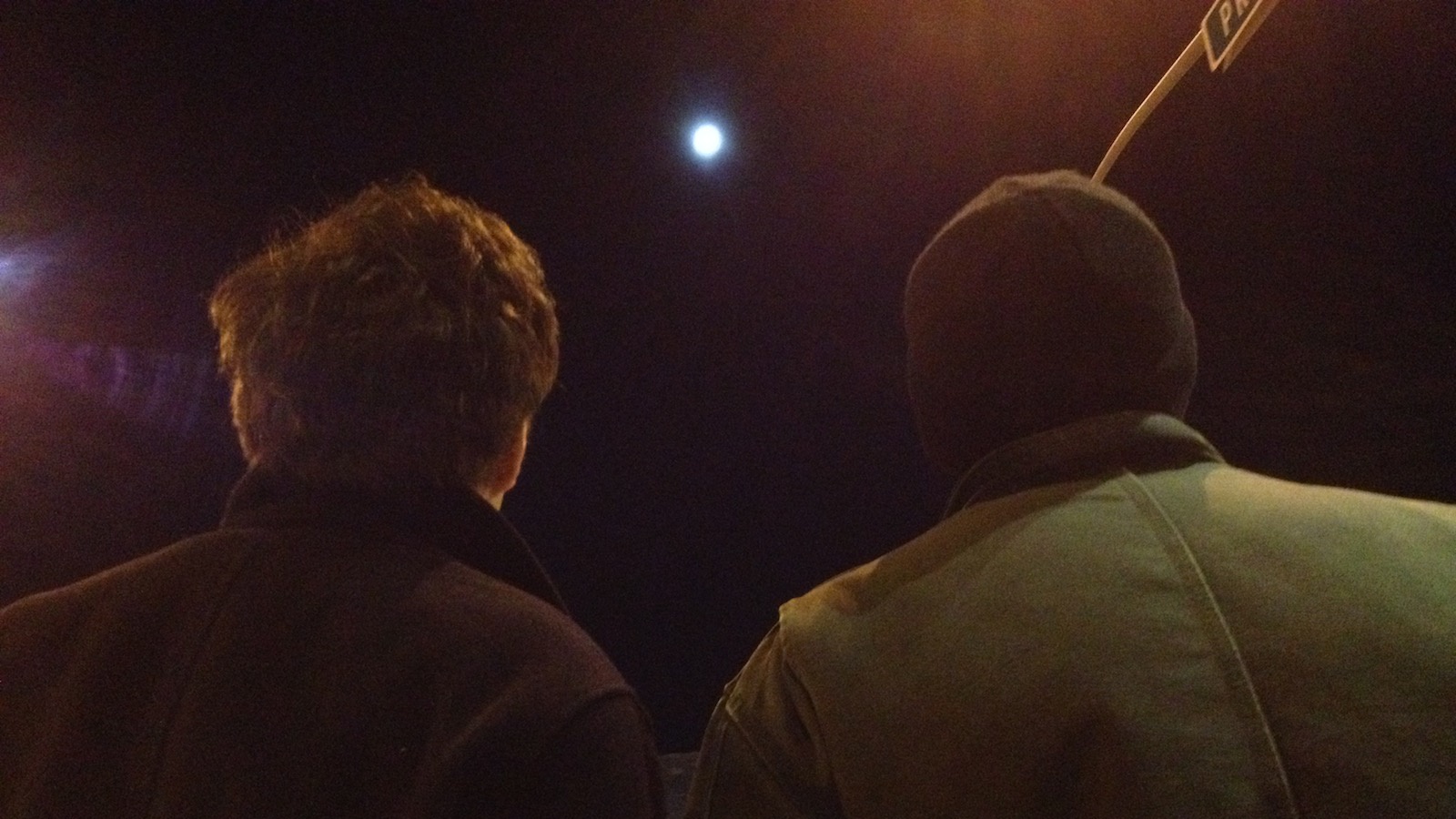Science
‘Planet’ could help explain solar systems: expert
The theoretical existence of a new planet raises several intriguing possibilities

caption

caption
You’re going to have to look a little harder: at its closest point in orbit, the ninth planet’s distance from the sun is seven times that of Neptune.The existence of a ninth planet won’t just mean another sphere on celestial charts.
Currently, a ninth planet exists only in theory, as suggested by the orbits of surrounding objects. But if you ask experts, the possible benefits of the planet’s existence go beyond further exploration of our cosmic neighbourhood. It could help bring context to the formation of our solar system.
“It was always a bit of an enigma how our solar system happened to be so nice and uniform. We look out and there are all these planets moving in nicely circular orbits,” says Scott Chapman, professor in astrophysics at Dalhousie University. “In some sense, this has made our solar system much more typical.”
From looking at other solar systems, scientists hypothesised large planets – gas giants like Saturn, Neptune, Jupiter and Uranus – would struggle among themselves for placement.
“You find mostly the gas giants end up screwing each other in their orbits, and one or many of them get kicked out, and you only end up with one in a stable orbit,” says Chapman. “I think this is a step towards making our solar system much more typical – somewhat more typical – now that we’ve found a gas giant that got booted out early on.”
If this is indeed what happened to the ninth planet, Chapman says it could go a long way towards proving what has, until now, been just a theory.
“We hypothesise this happens around other stars all the time in their solar systems and invoke it as the reason for their planetary configuration. This is the first direct evidence that this happens, so I think that’s exciting from that point of view,” says Chapman.
Speculations in space
Dave Lane, director of the Burke-Gaffney Observatory at Saint Mary’s University, notes how the discovery will help us further understand the layout of the outer reaches of our solar system.
“It’s exciting news. We know a fair bit about the inner solar system, but we know very little about the outer solar system,” says Lane.
As the planet still hasn’t been confirmed, most of the discussion remains speculative.
But within that speculation are numerous possibilities. What a new planet gives us, Lane says, is a good reference point for the behaviour of surrounding bodies.
He says astronomers can research whether this “planet” explains the motion of other objects that have been discovered. Discrepancies can then lead to the discovery of other objects.
“Maybe it’s two planets over there,” he says. “But it’s too early to speculate on that.”
What is certain is that we’re likely in for a long wait until we get a proper look.
“The reason it hasn’t been found is that it’s been out there at some insane distance where you need a powerful telescope and an incredibly large search area to find it,” says Chapman. “It’s a needle in a haystack. It’s incredibly faint because it’s so far away.”
About the author
Mikkel Frederiksen
Mikkel is finishing his Master of Journalism at the University of King's College. He's fond of watching films, and sometimes writes about them...
